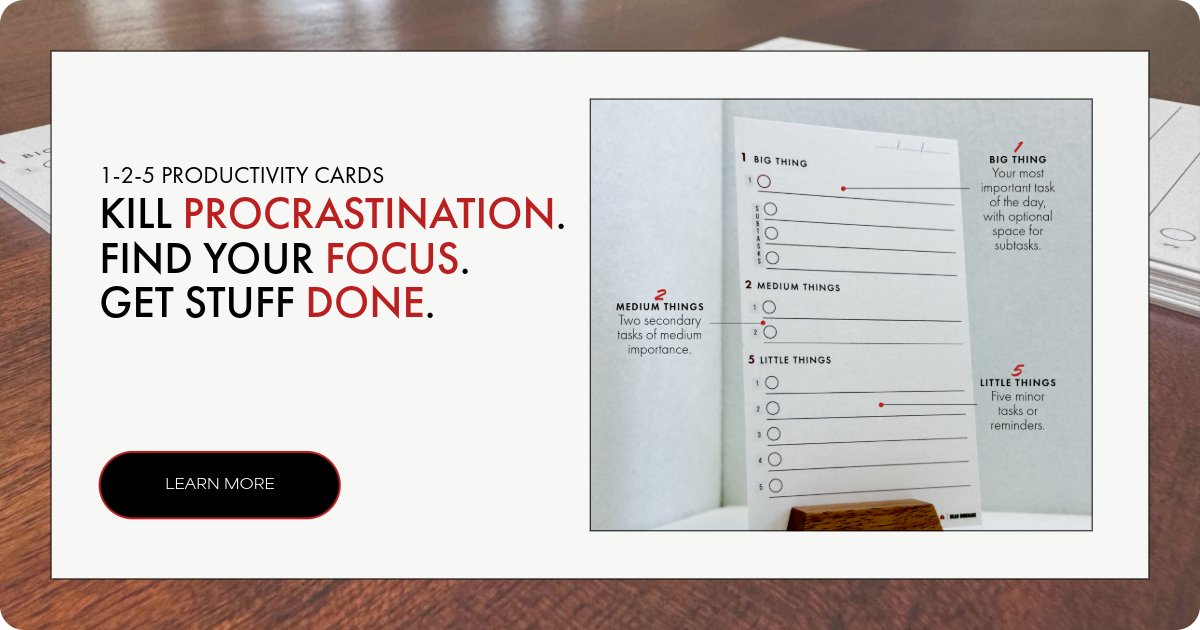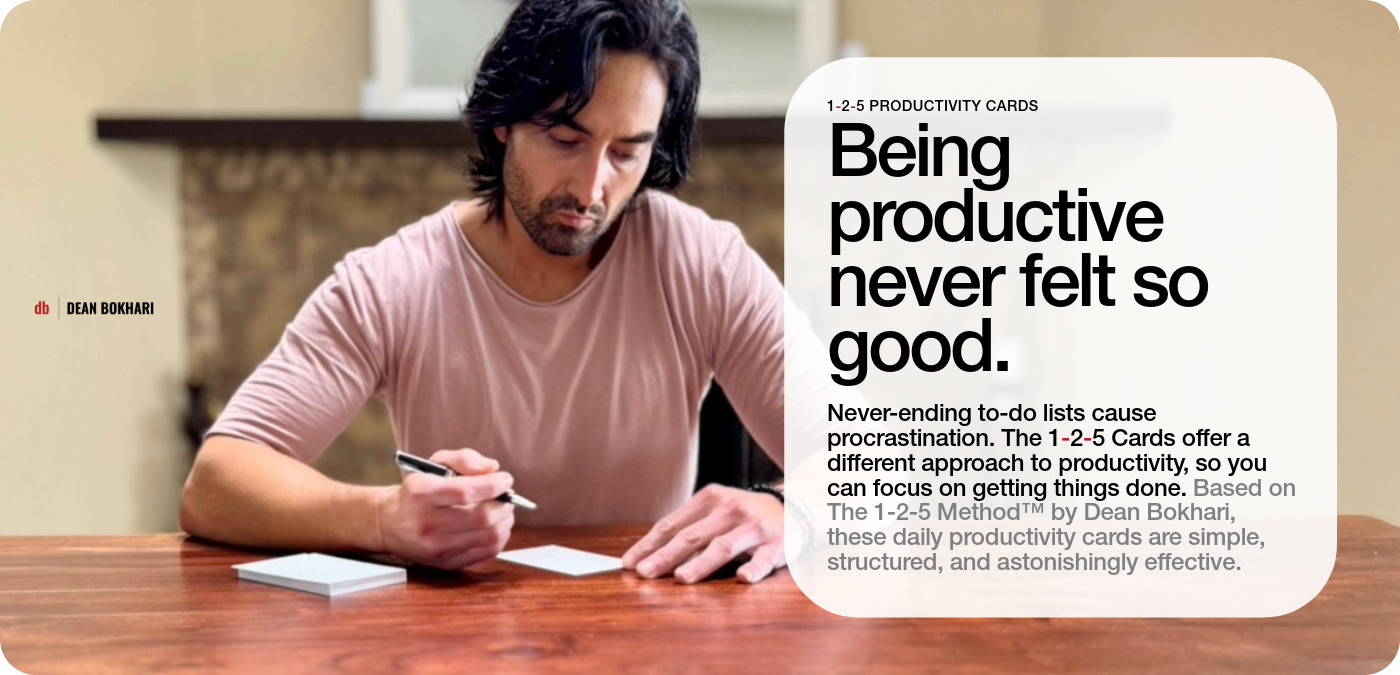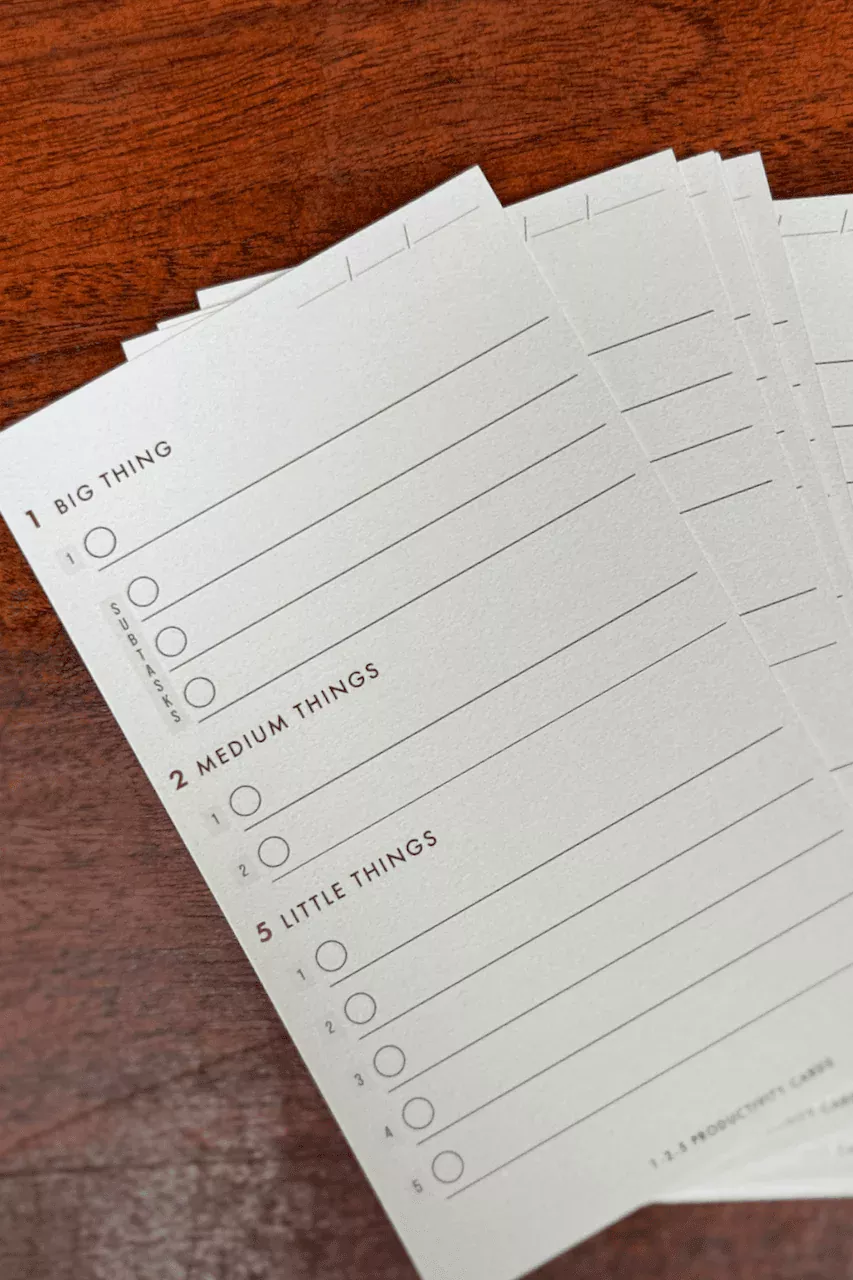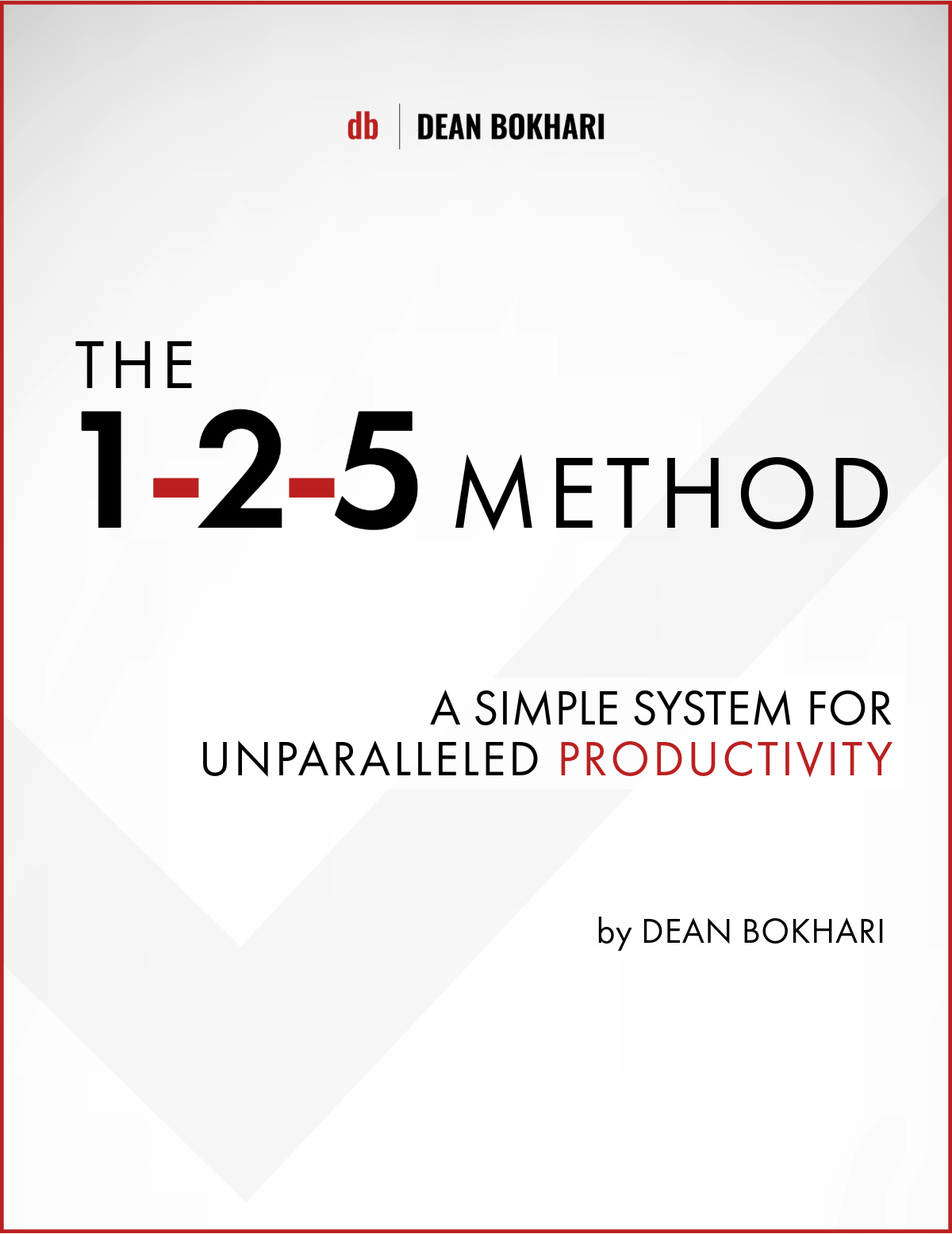How To Ensure That Your Health Does Not Stand In The Way Of Your Career
Collaborative Post
There are many different ways in which ill-health can stand in the way of your career.
For example, it could mean you need to take more time off than is desirable, making it harder to meet deadlines or keep your clients on your side. If this happens to you, look into a holistic cure for shingles so you can get back to work as soon as possible. Alternatively, it could have a negative effect on your focus and productivity levels.

Photo by Nik Shuliahin 💛💙 on Unsplash
With that in mind, here are some steps you can take to ensure that your health does not stand in the way of your career.
Take good care of all aspects of your health. While this may seem fairly obvious, ensuring that you take good care of ALL aspects of your well-being (both physical and mental) is key to stopping health concerns from interfering with your career.
For example, if you are experiencing hearing loss or complications such as tinnitus, then you should research different strategies that help with these symptoms while also reaching out to a licensed audiologist. This way, you can put any concerns you have to bed while also protecting your auditory health.
Improve your work-life balance. Working to develop a better work-life balance puts you in control of both your health and your career. After all, it means that you’re turning up to work each day feeling as prepared as possible, allowing you to take challenges in your stride. It can also help you to prevent burnout - something which one in five adults have dealt with in the past year alone.
On a similar note, you should also ensure that you can identify the signs of burnout before they begin to have knock-on effects on your health. After all, what may start out feeling like fatigue or work-related stress can quickly begin to impact all aspects of your well-being, leaving you more vulnerable to mental health struggles, too.
Look after your mental health. Your mental health can also have a profound impact on your career. For example, if you are feeling overly stressed or anxious, you are far more likely to question any decision you make in the workplace, no matter how minor it may be. This opens the door to both mistakes and imposter syndrome, both of which make it harder to get the job done in the long term.
As such, now is the perfect time to learn how to better manage your anxiety and stress, whether that’s through talking openly about how you are feeling, practicing self-care, or looking into professional help and support.
Take time off when you need it. According to a recent report, “59% of employees fail to take time off work when they need it.” This is often because they feel a sense of ‘guilt’ about taking time off, whether they’re worried about their mounting workload or facing pressure from their higher-ups. However, if you do not take time off when you need it, the amount of time you’ll need to properly recover will increase. This means that you will likely end up taking off much more time than was necessary in the long-run.
—End of Collaborative Post—
✨ New Series: How to Become an Early Riser
- Discover key methods to make early rising a habit
- How to wake up early + energized every morning
- Morning routines for health + success
Free self-development courses
👇
Tap on any of the courses below to start learning how to:
- boost your productivity (with GTD),
- get focused (with Deep Work),
- or learn the art of influencing others (with the How to Win Friends & Influence People course.)
All for free.
👇
Free life guides
👇
Best-selling Self-development courses by Dean Bokhari
Kill procrastination.
|
Get stuff done.
|
Get motivated.
|
Connect with anyone.
|
freshly pressed:
Top Audiobooks narrated by Dean Bokhari on audible | |
Book summaries
- The Power of Habit by Charles Duhigg
- 12 Rules for Life by Jordan B. Peterson
- Presence by Amy Cuddy
- Leaders Eat Last by Simon Sinek
- The ONE Thing by Gary Keller, Jay Pasan
- Deep Work by Cal Newport





































